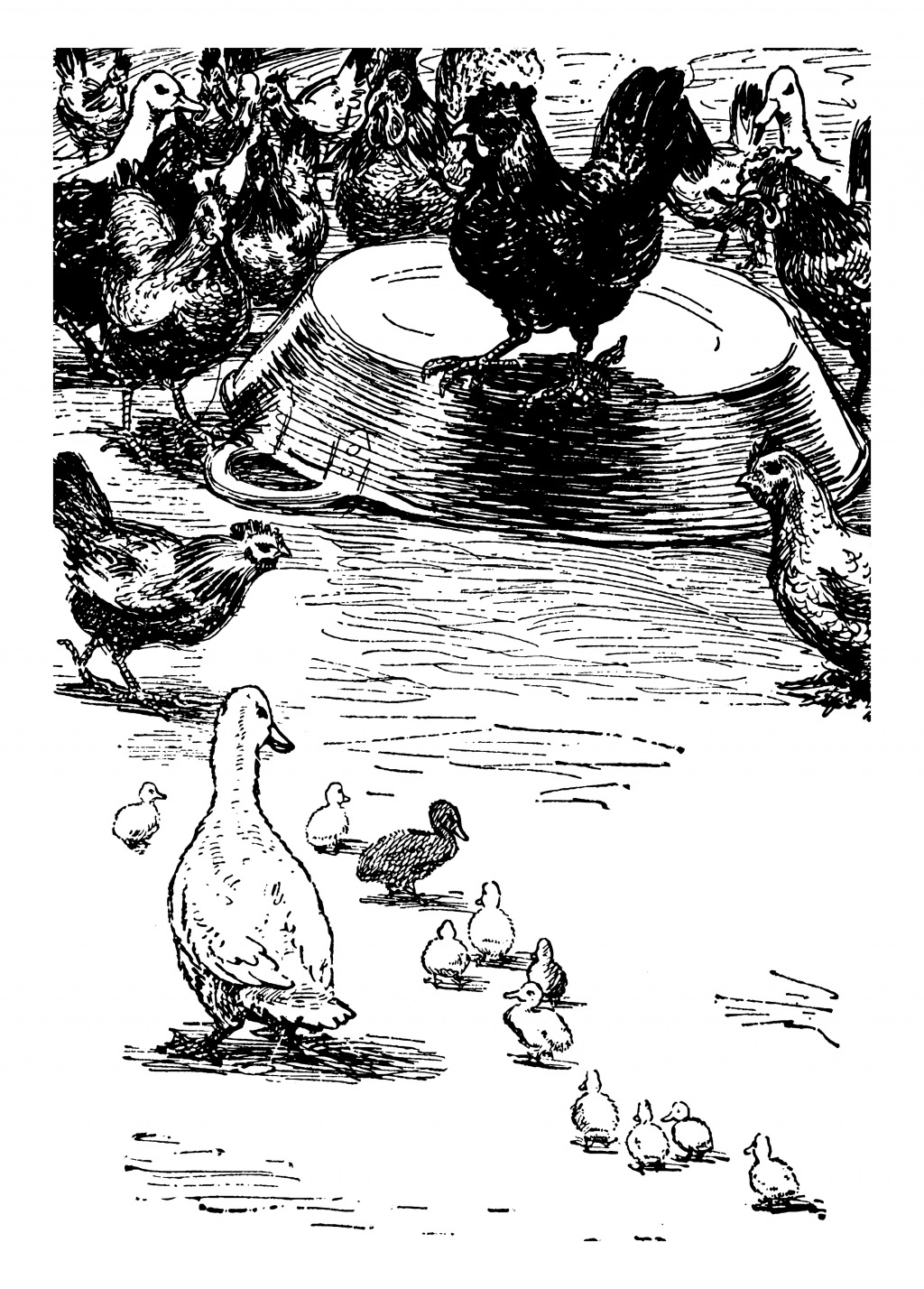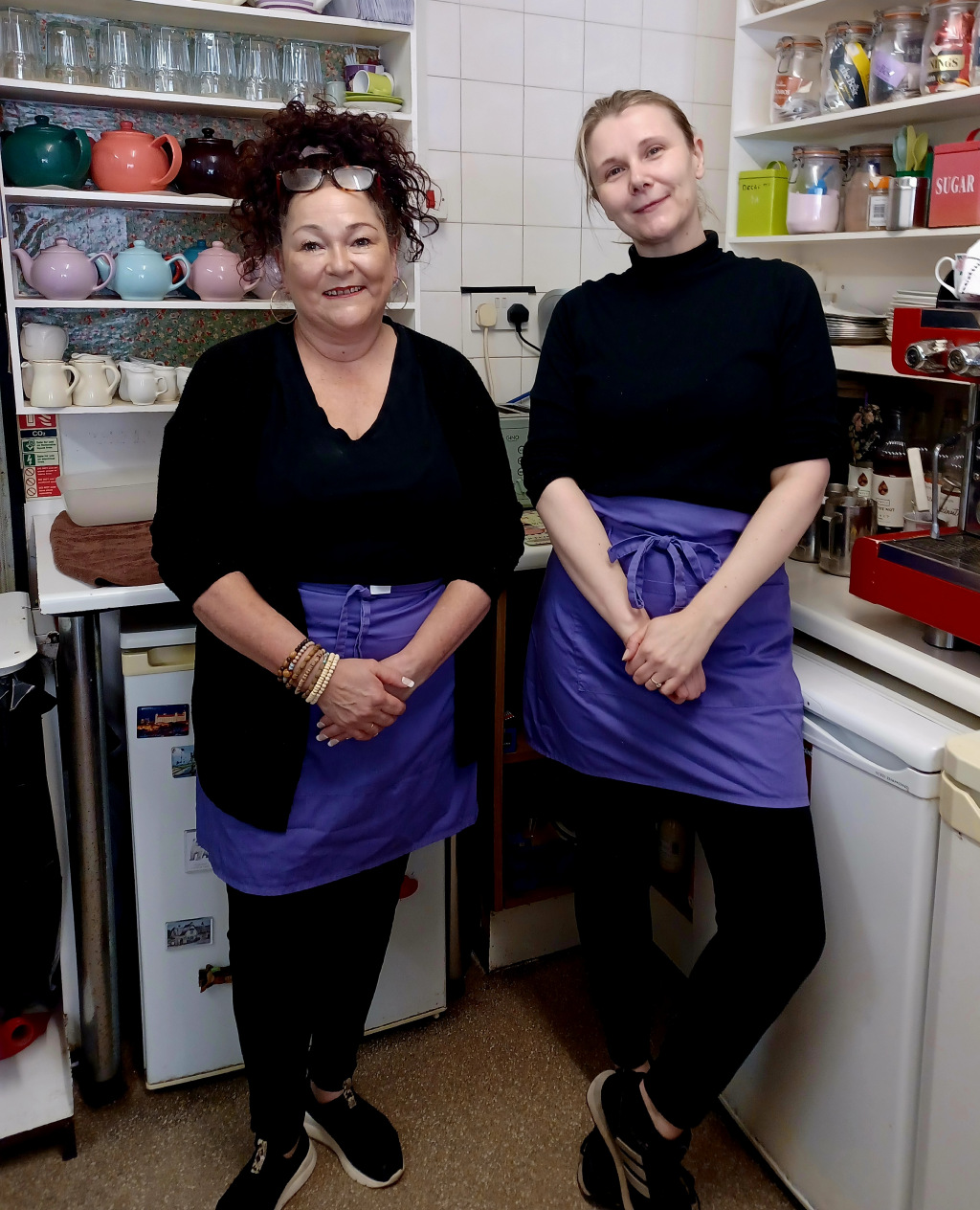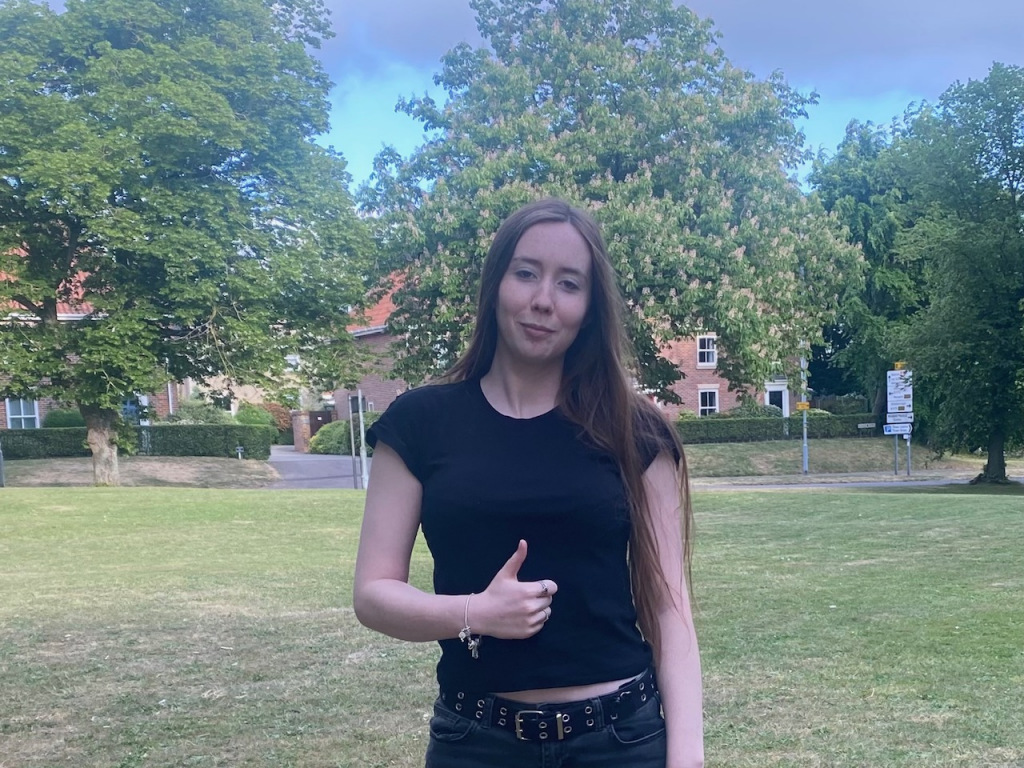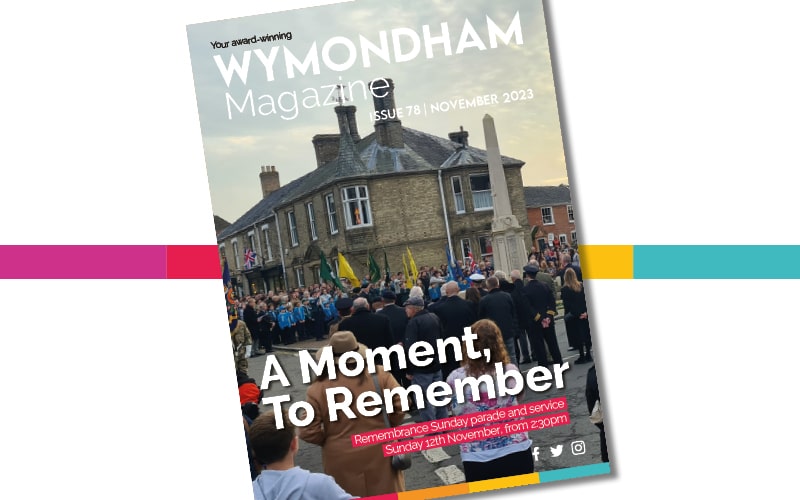Emily Maitlis is an icon of British journalism. She is most well-known for her BBC Newsnight interview with Prince Andrew about his links with Jeffrey Epstein, the interview which put the kibosh on him ever returning to public favour. She has also endorsed some iconic works of exposé journalism, such as Hannah Barnes’s Time to Think and James O’Brien’s How They Broke Britain.
In an interview available on YouTube, she said this:
“I hate lateness. I’m very punctual generally. I had a boyfriend who reminded me years after we broke up that I had a fifteen-minute rule. If he was fifteen minutes late…rather than getting angry or shout or anything, I’d just go. I’ve saved a lot of time not waiting for people.”
This made me think of Wymondham High Academy. When I attended (2015-2022), they exemplified this attitude to a T. They were rigorous with punctuality. Being even a minute over the bell would result in a front-of-class dressing-down at best and an after-school detention at worst. (I was never subjected to either, largely because these measures terrified me enough that I was in the classroom five minutes before the teacher had even turned up.)
Depending on your view, these methods will seem either valid and noble or a tad authoritarian. I remain grateful to them regardless. They bred in me a pathological – and very useful – fear of lateness. My sometimes overcorrecting obsession with earliness is an in-joke with friends and family. My desire to get to the airport four to six hours before the plane is due to leave is a constant bug-bear with my sister while travelling. Likewise, I am always at least ten minutes early to quartet rehearsals – which is ironic given that our first violinist is perennially late and has more than once kept us sitting there for 30-45 minutes. The second violinist is the unlucky host of these rehearsals, and she laughs about balancing the annoyances of one punctuality zealot and another hyper-latecomer.
One crucial disclaimer is that every aforementioned character – my sister and two quartet colleagues – also attended Wymondham High! They did not emerge with my obsession. Maybe I’ve overinterpreted their rules.
Nevertheless, it is useful. I don’t always share Emily Maitlis’s frustrations with the latecomer (it depends on the circumstances), but I do get angsty and hyper-apologetic on the rare occasions when it is me.
It’s useful for deadlines as well. Again, Wymondham High staff were rigorous when it came to homework deadlines. This had useful consequences at university. I have met students in Edinburgh who can write their essays in the final week – or final 24 hours – and get as good marks as me, if not better.
I salute those people. I’m not one of them. If the essay isn’t finished and submitted at least a week before the deadline, I panic. I start working on it a good month in advance. The only time I was forced to work faster on an assessment was towards the end of my second year at Edinburgh. The deadline was getting nearer and nearer…and the admin team still hadn’t released the prompts. Rather than the usual month, the essay questions were trickled out to our inboxes with about two and a half weeks to go. This is the kind of deadline rush that makes me the most anxious: when it’s other people’s incompetence rather than my own.
But to return to Emily Maitlis, I usually stick around for the latecomer. Especially when they are blameless. I would apply her ‘15-minute rule’ in more symbolic circumstances. Think of the people you wait for emotionally. Think of the potential partner who says, “I just can’t be with you right now” (because ‘right now’ there’s someone they’d prefer waiting outside). Or the person you emailed in a crisis whose response was not to support but to ignore you. These people are not going to rally around. Only recently have I realised that good self-care involves pushing the emotional latecomers out and surrounding yourself with the symbolically punctual. More literal latecomers are not the end of the world. Sometimes the bus was just slow.
Who knew Wymondham High policies were so conducive to self-care wisdom?















